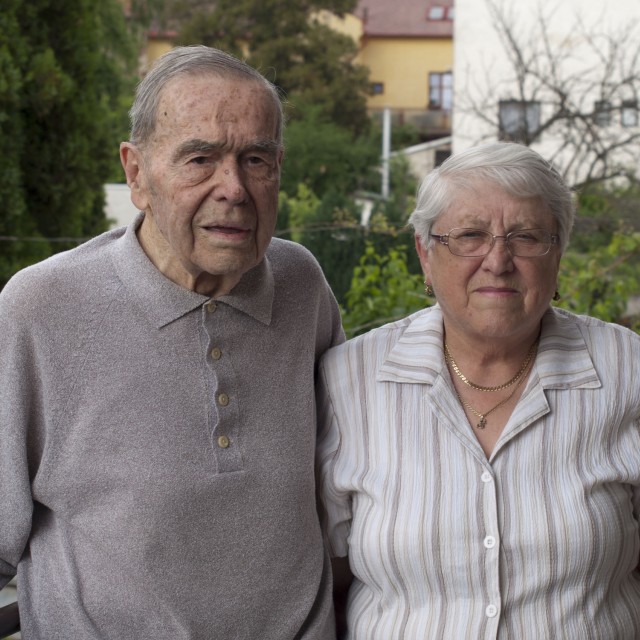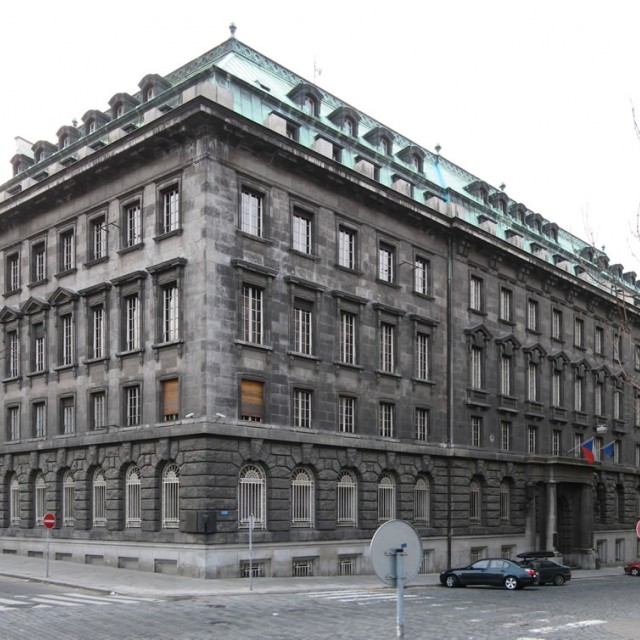How Long It Took I Do Not Know
In the summer of 1942, Bohuslav Bubník underwent a series of interrogation by the Prague Gestapo in the infamous building of the Petschek Palace; to this day he is still reluctant to talk about it: “They closed heavy curtains that were hanging on the yard-facing windows. Then the interrogation began. During the first questioning I was told that on that and that date I had visited the Novák family and I had carried a briefcase and a package. They wanted to know what I knew about the paratroopers who were the recipients of the package.” Bohuslav Bubník truly did cooperate with the Novák family in the resistance movement group Jindra. He became the contact-men between them and the base camp in Mělník: “I immediately realized that I must not admit to any cooperation or activity and that I must somehow wriggle out of it. So I said that the package was for the family and that I did not know about anything else.” The Gestapo was of course not content with such an answer and it resorted to violent interrogations. Bohuslav Bubník continues: “There were two helpers who wore just undershirts, and when they found out that I was kaput, they went to the next room to have a snack, I remember that they had some cherries on the table. I remember that I kept telling myself: ‘I am not kaput yet…I am still conscious, I must not confess to anything, I must hold on.’ So I got up and the interrogation continued. And it always happened again until I was kaput again. How long it took, I do not know.” Out of the entire Mělník group, only two men survived the interrogations: Bohuslav Bubník and Otto Paneš who had to go through similar martyrdom. The other members of the group, as well as their wives, were executed.
Hodnocení
Hodnotilo 0 lidí
Routes
Not a part of any route.
Comments
No comments yet.









